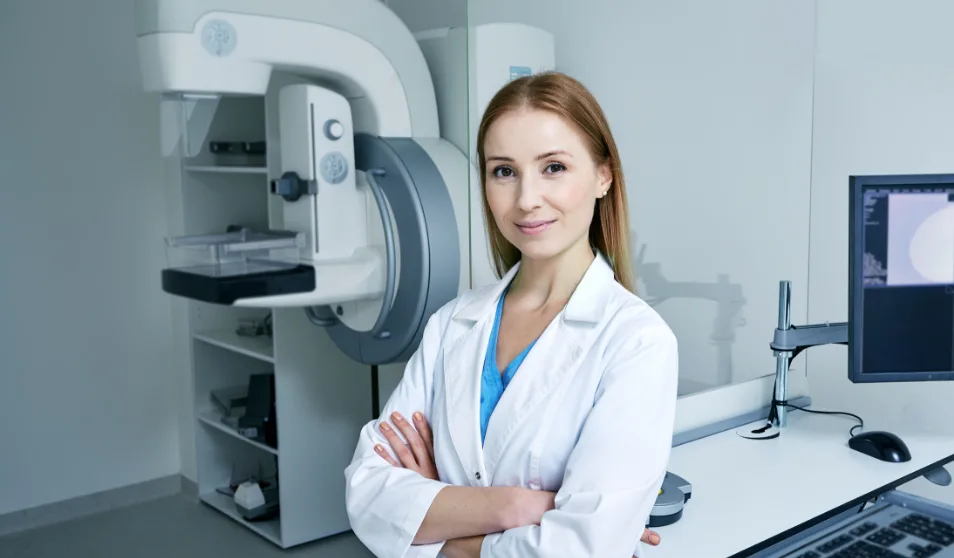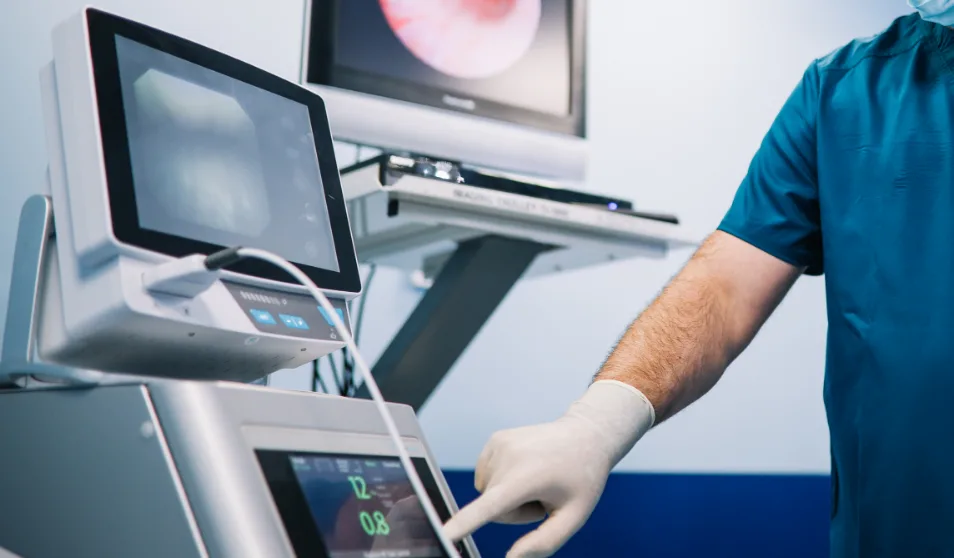Preventive Screening U65 Content
Preventive Screenings Can Save Lives
Don’t delay - make your
preventive screening
appointments today.
Need help finding a healthcare provider?
If you have any questions about your benefits or need help finding a provider, call us today at 1-888-759-2764, Monday – Friday, 7 a.m. – 6 p.m. Central Time, or click the button below to locate a provider near you.
Find CareBreast Cancer:
When breast cancer is found early, it is easier to treat. Regular mammogram screening tests are the best way to detect breast cancer early. According to the CDC, breast cancer’s 5-year relative survival rate is 99% when detected early and in the localized stage.
Early detection is essential to beating breast cancer. Get a mammogram every year from age 40 to 54. Women 55 and older can switch to every other year or keep getting yearly mammograms. If you are due for a mammogram, get one today. Cancer doesn’t wait, so don’t wait to get screened.


Cervical Cancer:
Regular screening for cervical cancer with HPV and Pap tests is essential for early detection and prevention. Cervical cancer is highly treatable when detected in its early stages, and the survival rates are significantly higher compared to late-stage diagnoses.
By detecting HPV infections or abnormal cervical cells early through screening, your healthcare provider can initiate appropriate interventions, such as further testing or treatment, to prevent cervical cancer progression. This early detection can increase the chances of successful treatment, long-term survival, and improved outcomes.
Ask your provider how frequently you should be getting screened for cervical cancer.
Colon Cancer:
Early colorectal cancer detection improves the chances of long-term survival and successful treatment outcomes. The 5-year relative survival rate when found early is about 90%. However, only 4 out of 10 colorectal cancers are detected early.
Screening can help identify pre-cancerous growths or polyps. Removing these abnormal growths early on can prevent their progression, thus reducing complications, especially for people 45 and older at average risk of developing the disease.
Talk to your doctor about scheduling your preventive screening and which type of screening is best for you!

Remember, preventive screenings can save lives.
Schedule appointments for your screenings today for peace of mind about your health.
Have Questions?
Email UsThis information is provided for general information purposes. Information contained in this communication is not intended to replace professional medical advice, diagnosis, or treatment. Always seek the advice of your physician or other qualified healthcare provider regarding your healthcare needs.
